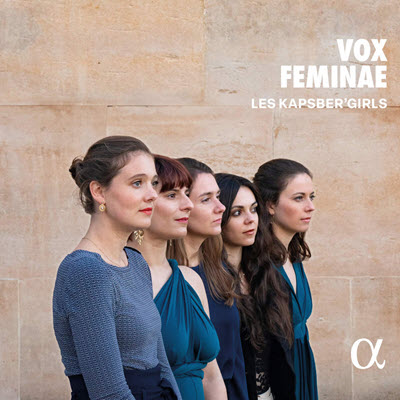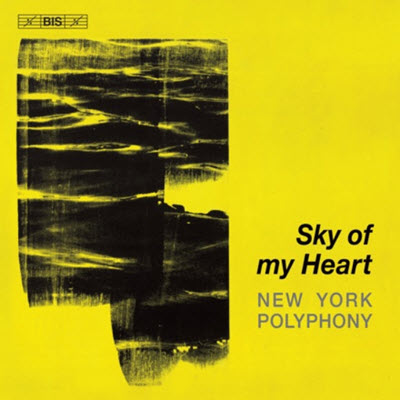by Aaron Keebaugh
Published November 7, 2022
Pedro I of Brazil: Te Deum-Credo. Minas Gerais Philharmonic Orchestra, Fabio Mechetti, conductor. Naxos 8.574404.
Dom Pedro I, Emperor of Brazil, was so moved by the liberal populist movement he helped foment that, before he died in 1834, he asked for his heart to be cut from his corpse. Preserved in a golden urn in Porto, Portugal, his heart became a potent symbol for nationalist movements after his reign ended nearly two centuries ago. In late August 2022, Pedro’s heart was brought from Portugal to Brazil and greeted with military honors in celebration of 200 years of the country’s independence, September 7.
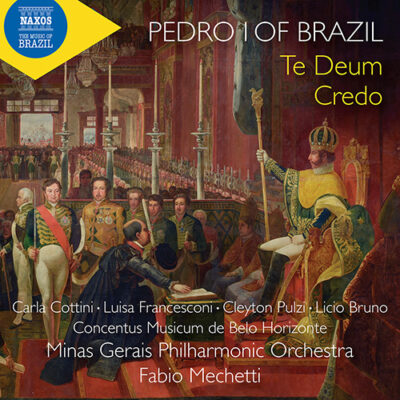
Yet the event was seen as a political stunt by news outlets around the world. Right-wing populist Jair Bolsonaro, who was narrowly defeated by liberal Luiz Inácio Lula da Silva last week amidst unfounded claims of election fraud, had co-opted Pedro’s legacy to bolster support for his reelection bid. “This is going to be a farce by Bolsonaro, welcoming this heart like a visiting dignitary,” historian Lilia Schwarcz told The Guardian in August.
The revolutionary symbolism was indeed concerning. Bolsonaro had threatened a January 6th-style riot if he lost, although The New York Times reported last week that he would agree to a transition of power without formally conceding. As I write this, it’s still a fluid situation. Protests in support of the defeated president, some of which call for a military takeover, continue in earnest.
Amidst such a rancid display, Naxos’ new recording of Emperor Pedro I’s own compositions, supported by Brazil’s ministry of foreign affairs under Bolsonaro, offers no escapism. Played here with verve, Pedro’s capable works serve as reminder about the potent—if all too natural—mix of politics and music history.
Brazil’s first emperor showed considerable musical talent as a child. Stories abound about his rich singing voice and fine technique on several instruments. He studied composition in the Rio de Janeiro court with Marcos Portugal, who had achieved fame in Europe for Italian opera. He also learned from Sigismund Neukomm, once a pupil of Joseph Haydn.
The Te Deum and Credo on this recording are two of Pedro’s largest extant works. Both show an affinity for theatrical flair and bel canto styles. The composer’s mastery of dramatic contrasts reveals a unique blend of religious reverence and celebratory zeal.
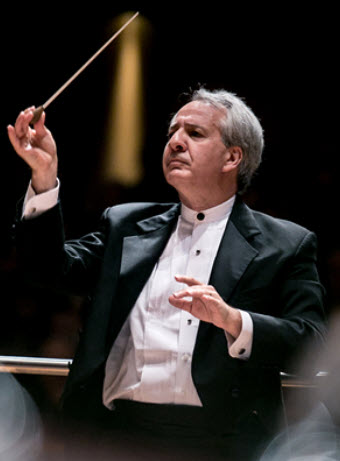
A world-premiere recording, the Te Deum offers both intensity and reflection. Conductor Fabio Mechetti and the modern-instrument Minas Gerais Philharmonic convey seismic urgency throughout. The soloists are likewise superb. Soprano Carla Cottini finds the melancholy of “Tu ad liberandum.” The dark blend of mezzo-soprano Luisa Francesconi and tenor Cleyton Pulzi tease out the pathos of “Te ergo.”
Other movements are simply a showcase for the ensemble. In the “Aeterna fas,” string and woodwinds complement declarative statements from the historically informed chorus, Concentus Musicum de Belo Horizonte, prepared by Iara Fricke Matte. The singers find the soft reflection at the core of “Fiat misericordia” before the orchestra builds to a powerful conclusion.
The Credo is no less affecting. Here the performers reveal its extremes of light and darkness. Cottini brings golden-toned assurance to the “Et incarnatus.” Bass-baritone Licio Bruno channels the deep subtleties of the “Crucifixus.”
Though not always inventive in terms of form and texture, Pedro still casts a wide emotional range. Mechetti unfolds the “Et resurrexit” in grand statements, offset by a delicate clarinet solo. Pulzi brings radiant warmth to the “Confiteor,” as the rest of the singers interject phrases like a Greek chorus.
The “Agnus Dei” may lack the tension of choral works by Mozart and Haydn. But the musicians here conjure intensity in the movement’s shifting moods.
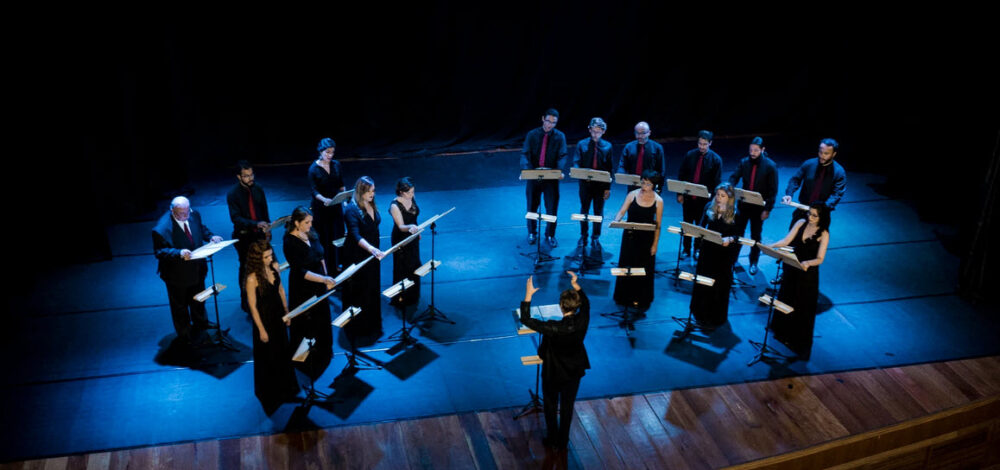
Lighter in style is Pedro’s Abertura, an overture famously performed under Rossini’s baton at the Theatre Italien in Paris in 1832. Here, the emperor shows his greatest debt to the celebrated operatic composer. Strings and winds dance gracefully as Mechetti and the orchestra convey joy and exuberance.
They do the same in the Hino da Independência, Pedro’s familiar anthem to Brazilian independence. Chorus and orchestra reveal all its pomp and ceremony, a timeless call for unity in the wake of the current political turmoil.
Aaron Keebaugh has written for The Musical Times, Corymbus, and The Classical Review. A musicologist, he teaches at North Shore Community College in Danvers, Mass.

